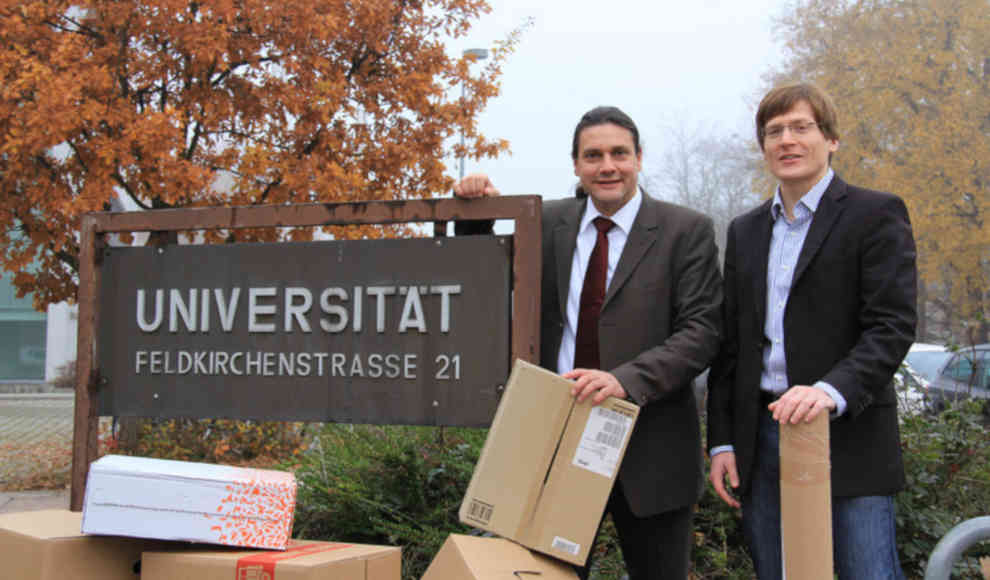Every year in Germany, 280 million packages are returned in online commerce, costing the retailer an average of almost 20 euros per package. Additionally, these returns generate 238,000 tons of CO2 equivalents. According to a study by the University of Bamberg, in 2018 alone, the German online market shipped approximately 1.68 billion packages, of which about 280 million, or one in six, were returned. The research group Retourenmanagement conducted the survey on return behavior in Germany for the second time, providing a better understanding of the current situation. Unfortunately, the response rate in 2018 was lower than in 2014, with only 68 German online retailers willing to share their data with the researchers.
The study found that the largest share of returns came from the fashion category, with almost half of all shoes and clothing being returned. In contrast, the return rate for electronics and books and other media was in the single digits. The researchers attributed this difference to the better comparability of electronics, which makes it easier for consumers to make informed decisions. On the other hand, clothing has a “large individual comfort factor” that is difficult for customers to assess online. The study also analyzed the financial and environmental impact of returns. Retailers bear most of the costs of returns, with an average cost of 19.51 euros per return, including shipping and processing. The study found that returns generate approximately 238,000 tons of CO2 equivalents, which is equivalent to the amount of CO2 produced by 2,200 daily car trips from Hamburg to Moscow in one year.
Despite the high return rates and associated costs, the study found that online retailers are generally customer-friendly, offering an average return period of 28.4 days, compared to the legal withdrawal period of 14 days. The study also refuted media reports that claim returns are mass-destroyed, stating that 92% of all returned items are resold, while only 4% are destroyed, and the remaining items are donated or sold to external industrial recyclers. The study provides valuable insights into the impact of returns on the online market and highlights the need for retailers to find more sustainable solutions to reduce the environmental impact and costs of returns.










